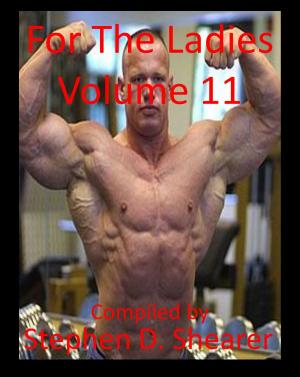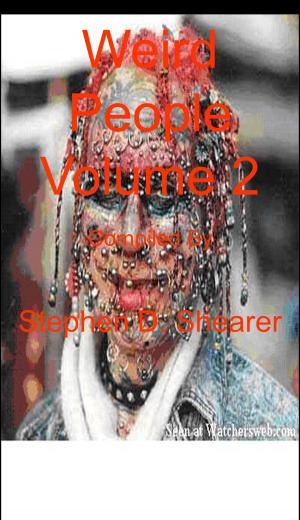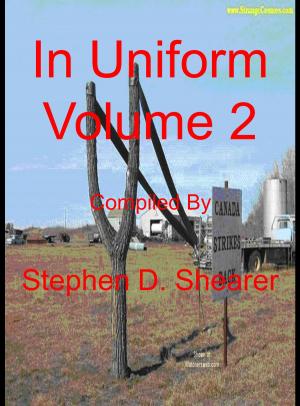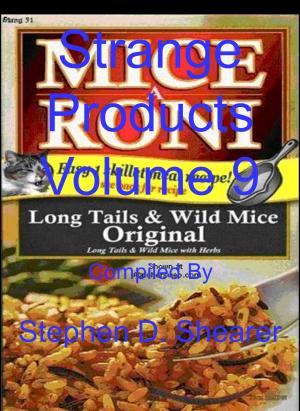| Author: | Stephen Shearer | ISBN: | 1230000154936 |
| Publisher: | Butchered Tree Productions | Publication: | July 26, 2013 |
| Imprint: | Language: | English |
| Author: | Stephen Shearer |
| ISBN: | 1230000154936 |
| Publisher: | Butchered Tree Productions |
| Publication: | July 26, 2013 |
| Imprint: | |
| Language: | English |
In his book,
Secret Windows, in the essay “Great Hookers I Have
Known”, Stephen King is talking about the first line in a short story
or novel. He talks about how a great “hook” can bring your reader
immediately into the story. He tells us that the old pulp-magazine
editors used the slang term “hookers” to describe the first line. He
goes on, “The editors knew pretty well who their audience was.
Truckers. Short order cooks. Steelworkers. Farmhands. Working
guys, in other words, who wanted to get away from the gray lives
they lived and experience more exciting ones—lives that were bright
with color and adventure.”
These old-line editors thought that the easiest way to get a dull,
average Joe, i.e., truckers, to buy their magazine or paperback book,
was to entice them with a killer first line. This indicates to me that the
editors and writers of that time (forties and fifties) thought very little
of the intellectual level of truck drivers. They thought that truckers
lived dull, colorless, boring lives.
That
might have been true then, but it sure isn’t true now.
Today’s truckers, men and women, are a pretty intelligent bunch.
Truckers are the modern troubadours. They repeat their stories
nationwide and carry on the tradition of oral history and story telling.
Every story in this collection grew from a seed of truth. My few
years on the road as a professional over-the-road truck driver gave
me the opportunity to hear these stories and many more.
In his book,
Secret Windows, in the essay “Great Hookers I Have
Known”, Stephen King is talking about the first line in a short story
or novel. He talks about how a great “hook” can bring your reader
immediately into the story. He tells us that the old pulp-magazine
editors used the slang term “hookers” to describe the first line. He
goes on, “The editors knew pretty well who their audience was.
Truckers. Short order cooks. Steelworkers. Farmhands. Working
guys, in other words, who wanted to get away from the gray lives
they lived and experience more exciting ones—lives that were bright
with color and adventure.”
These old-line editors thought that the easiest way to get a dull,
average Joe, i.e., truckers, to buy their magazine or paperback book,
was to entice them with a killer first line. This indicates to me that the
editors and writers of that time (forties and fifties) thought very little
of the intellectual level of truck drivers. They thought that truckers
lived dull, colorless, boring lives.
That
might have been true then, but it sure isn’t true now.
Today’s truckers, men and women, are a pretty intelligent bunch.
Truckers are the modern troubadours. They repeat their stories
nationwide and carry on the tradition of oral history and story telling.
Every story in this collection grew from a seed of truth. My few
years on the road as a professional over-the-road truck driver gave
me the opportunity to hear these stories and many more.















